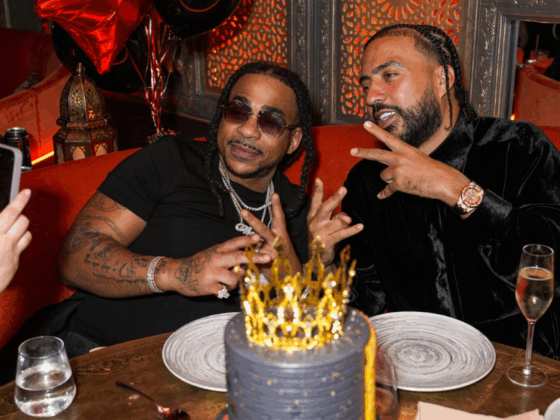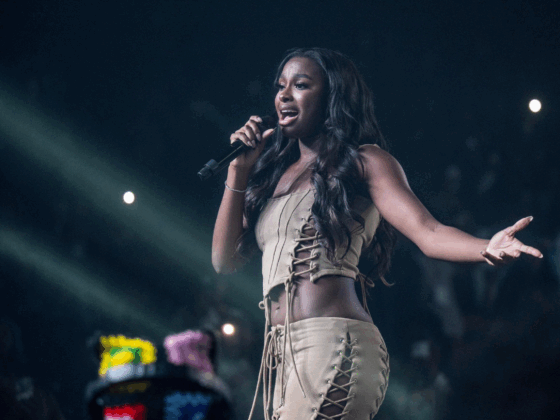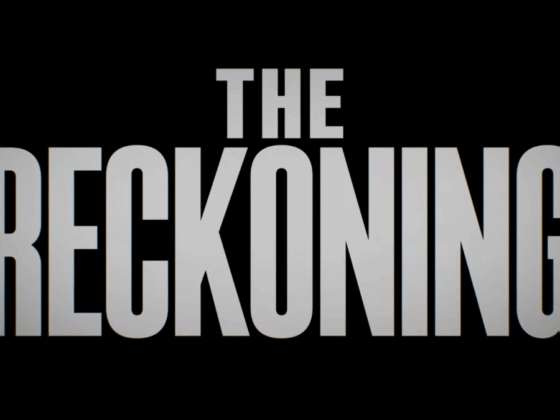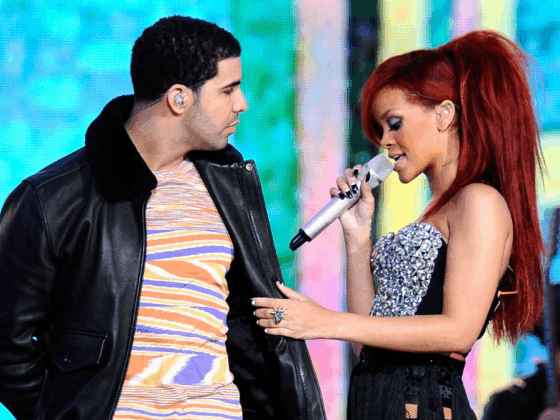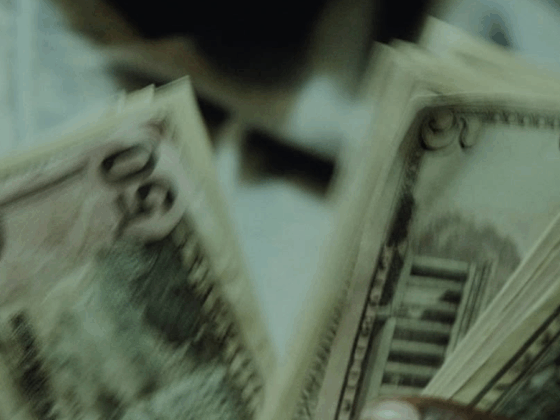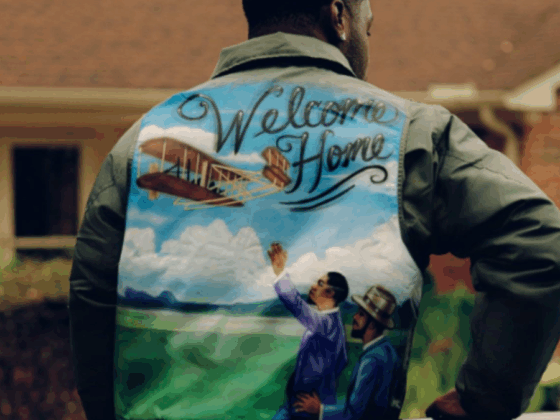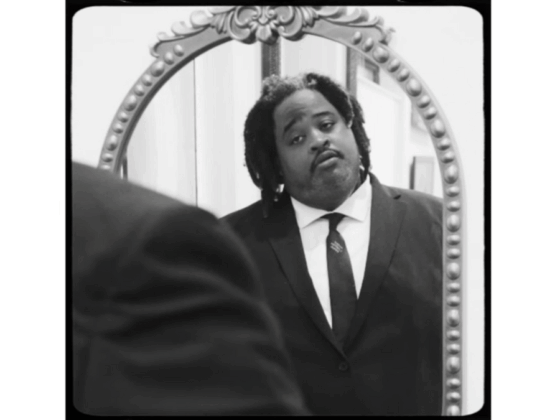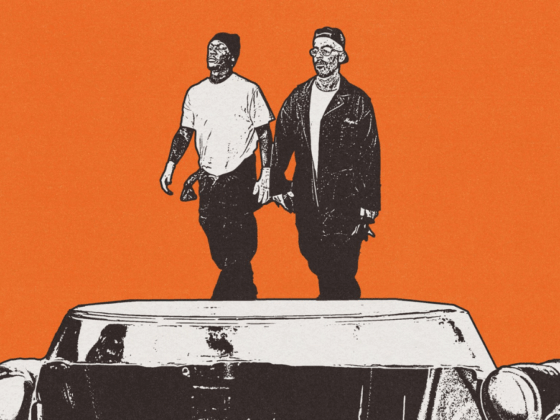
The nation’s capital, Washington, D.C., is known as the home of many things, including some of the world’s most prominent lawmakers, well-renowned basketball players such as Elgin Baylor and Kevin Durant, and even a few award-winning musicians like Wale and Marvin Gaye. Not to mention, it’s the home of Go-Go Music, Half Smoke, and the prestigious Howard University. In short, the District of Columbia is known for many things, so many in fact, that a few aspects of the city are overlooked, like its spoken word scene and fashion industry. However, no element of the city’s culture is more underappreciated than it’s contributions to professional wrestling.
From former champions Dave Bautista and AJ Francis to pioneer Nyla Rose, Washington, D.C., has proven to be a city that can produce stars in the ring. Lio Rush, a product of the Chocolate City, has made a name for himself, working his way into a successful career in AEW and WWE while making history as NXT’s youngest cruiserweight champion. Through the highs and lows inside and outside of the ring, he has proven to be resilient, tough, and most importantly, multi-faceted. Not only is Rush able to do all of the things needed to be a star in the ring, but he’s also shown talent outside of it. The Washingtonian can sell a match on the microphone and rap a sixteen-bar verse immediately afterward. As Rush continues to entertain audiences in the ring worldwide, he has found time to grow and evolve as an artist. In anticipation of his latest project, Feel Like A Giant, Rush chopped it up with Def Pen Culture Editor Ryan Shepard about his upbringing, road to wrestling, and his new EP.
Lio Rush: During my teenage years, I fell in love with music. However, I was so busy with sports as an athlete, so I feel like the majority of my music intake was through headphones warming up for matches, games and other competitions. It wasn’t until later on in my early 20s when I started making music. So, yeah. that’s how I got introduced to music.
Ryan Shepard: What were some of the songs or artists that you played while getting ready for games and matches?
Lio Rush: I actually listened to a lot of rock music around that time. I feel like I experienced a culture shock when I was a teenager. As a kid, I grew up going to schools where the majority of students were either African-American or Hispanic. Then, I went to private school for my freshman year of high school. That’s when I kind of started seeing other races and ethnicities. At the same time, I was introduced to different kinds of music. When I started listening to rock music, I was like, ‘Oh, man! This is different.’ But, I mean, I was still familiar with rock music a little bit because I was a wrestling fan and a lot of entrance music was rock music. But yeah, rock music did it for me. It amped me up to go out there and get to it. At the same time, I listen to a lot of Hip-Hop too. Lil’ Wayne was also high on the list of people I was listening too around that time.
Ryan Shepard: That’s dope! It’s interesting. Like you, I went to a school where the majority of students were Black or Hispanic. However, my friend, Victoria, was really into rock and punk rock at the time. She told me to listen to a band called Rise Against and Paramore and other bands.
It’s also interesting to learn that you began making music in your early 20s because I had also read that you were really into filmmaking and cinematography at that point in your life as well. At that point in your life, what made you take the leap and say, “No, I want to record my own music?”
Lio Rush: A budy of mine who’s a battle rapper, Dee-1, actually gave me the push to start recording music. He was always into making music and I actually have a lot of family that made music, but I never wanted to make music growing up. One day, my friend was making a song and he asked me if I wanted to be on it. So, I kind of tried it out and recorded something at the studio. I did my best to put down a verse, we did a video for it and everybody kind of liked it a lot. They said that I should keep making music, so I did.
Ryan Shepard: Getting ready for this interview, I began learning more and more about what got you into wrestling. As I did my research, it became clear that you gained confidence in the ring pretty quickly. Was it the same with music or was there hesitation at the beginning?
Lio Rush: There was hesitation for sure. When I first started making music, I was just trying to see if I could record a song period. I wasn’t really worried about the context of the song or the branding and marketing of the song. I didn’t understand any of that. I just knew that I wanted to try to make a song. So, I think that allowed me the space to experiment with different sounds and figure out what my voice was. I didn’t really know what my voice was as an artist. I think what kept my confidence as I started making music was wrestling. I knew I was confident in wrestling and I brought that same energy into the process of making music. I think that’s what has helped me gained popularity, but it was difficult. We’ve got a thing in wrestling Kayfabe. I don’t know if you have heard the term.
Ryan Shepard: I’ve heard the term from friends who are lifelong wrestling fans, but I don’t want to lie and say that I know exactly what it means.
Lio Rush: We like to keep Kayfabe. We like to keep the persona that we are bringing to television, but I had to be vulnerable. I had to be super vulnerable in a way that I wasn’t really used to being because I was playing this tough guy role on TV. So, I didn’t know how to step out of that and kind of do music at the same time. That was a little challenging for me at times.
Ryan Shepard: You’re essentially presenting two versions of yourself to the world. Do you feel like you have two distinct fan bases, one who loves you for your wrestling persona and one who loves you for your music? Or have they merged over time?
Lio Rush: It’s definitely blending, but it still surprises me. I’ll have people come to wrestling shows and say, “Yo, I’ve been listening to your music and just found out you wrestle too!”
There are music fans who are slowly learning I’m a wrestler, and wrestling fans who randomly hear one of my songs on a playlist and go, “Wait, Lio Rush does music?” That’s dope. I think the algorithm sometimes hides things, but over time, people are catching on. Ultimately, it’s all one thing—me as a performer.
Ryan Shepard: Leading up to this new project, you dropped Not Found 1 and Not Found 2. How did making those projects compare to creating Feel Like a Giant?
Lio Rush: Not Found 1 was a huge turning point for me as an artist. It was the first time I really told my story—moving to LA, chasing a dream. That project reflected what was happening in my life outside the ring.
But Feel Like a Giant? That one’s different. This time I’m letting people in on what it’s like to be a professional wrestler and an artist. You’ll hear that wrestler you see on TV—but through music. It’s my story told from both perspectives.

Ryan Shepard: That’s a great transition. You’ve faced a lot of hurdles—like signing up for wrestling school only for tragedy to strike, or moving to Florida thinking you’d be near a training center and it not working out. What kept you going through those setbacks?
Lio Rush: 2020 was a turning point—the start of the pandemic. I got released from WWE, and I was about to have my son, who’s four now. I had every reason to be motivated, but also a lot of reasons to question everything.
I had already reached my childhood dream—getting to WWE, winning a championship, making history. So when I got released, it was like, “Now what?”
The fans helped keep me going on the wrestling side, but what really drove me was my son. It wasn’t about money—it was about setting an example. I wanted him to see me push through tough situations. And during COVID, when the world felt like it was collapsing, that kept me moving forward.
Ryan Shepard: You’ve worked with fellow wrestler Chris Bey. What’s it like collaborating in the ring versus the studio?
Lio Rush: I think it’s all the same—we’re entertainers, performers, artists. Getting into a creative space outside of wrestling is rare, but special. Not all wrestlers who make music get to work together.
Since Chris and I have already worked together in the ring, that chemistry made it easier to collaborate on music. We’re living the same life—on the road, away from home, grinding. So when we step out of the ring and into the studio, it feels natural.
Shout out to Chris Bey—his music is fire.
Ryan Shepard: Across sports and entertainment, when athletes make music, people sometimes see it as a gimmick. How do you combat that and get people to take your music seriously?
Lio Rush: It’s definitely a process—a long one. But if you’re dedicated, it shows over time. I’ve been making music for seven or eight years. I’ve put out singles, EPs, albums—each one different.I’ve worked hard to find my voice, my lyrical content, and my sound. I want the songs to feel authentic, especially to wrestling fans. They need to feel like they’ve lived what I’m saying. That’s what Feel Like a Giant is about.
People will always call it gimmicky—some folks think wrestlers should just wrestle. But I see myself as an artist, inside and outside the ring. Wrestling isn’t just my job—it’s how I express myself. I go with the flow, create in the moment. That’s art to me.
Ryan Shepard: Let’s talk about the project. Feel Like a Giant is coming out this week. How do you feel?
Lio Rush: Man, I feel like a giant. For real. That’s the mindset—it’s how I’ve always carried myself. I want to create something undeniable, something that stands out.
I’ve got a good body of work I’m proud of, and a loyal fan base that’s been rocking with me. I’m on TV every week with AEW, so I’ve got new eyes and ears on me. I’m excited to take people on this ride—build momentum for this and future projects. I’m hyped, nervous, and proud all at once.
Ryan Shepard: Fill in the blank: Feel Like a Giant will feel like a success if _______.
Lio Rush: If just one person says they love it.
Actually, I’ll take that back—it already is a success. Making this project was a learning experience. It helped me grow as a person and artist. Just hearing what I created is fulfilling. But yeah, if a few people say they’re rocking with it and want to stay on the journey with me? That’s the cherry on top.
Quick Hitters
Ryan Shepard: Best entrance music—besides your own?
Lio Rush: Man, that’s tough. But I’d say Nick Wayne. He’s about to head to Japan for the Best of the Super Juniors tournament. His theme song is great—definitely check it out.
Ryan Shepard: If you could pick any artist to do a wrestling match, who would it be?
Lio Rush: Young Thug. 100%. I feel like his finisher would be a big boot or something wild.
Ryan Shepard: You’re from DC—a city I love. If you could collab with one DMV artist, who would it be?
Lio Rush: That’s a tough one. There’s so much talent in the DMV that doesn’t get mainstream love. I don’t even want to single anyone out. I want to work with everyone from the area—anyone putting on for the city, their families, and the culture.
Ryan Shepard: Facts. People still don’t know Ari Lennox is from DC. Last one: pick one song from Feel Like a Giant that matches how you feel today.
Lio Rush: “Ride the Wave.” That song captures how I feel right now. Life is chaotic—especially in wrestling. You don’t always know where things are going or how they’ll unfold.
But sometimes, you just have to ride the wave. Go with the flow. Stay true to yourself. Things will move regardless—just hang on and see where it takes you.
